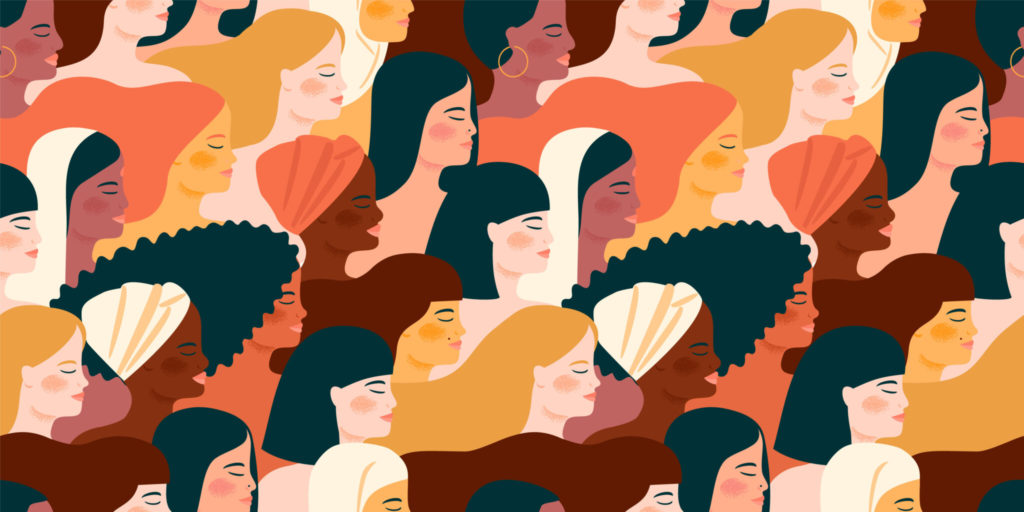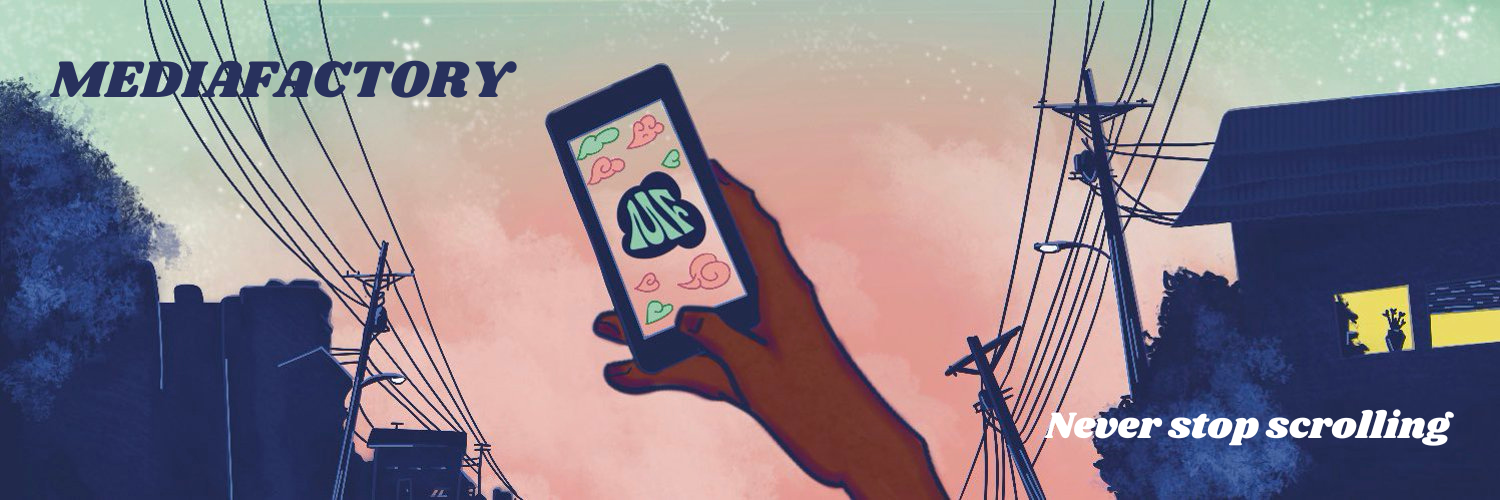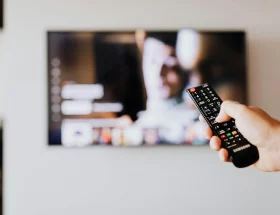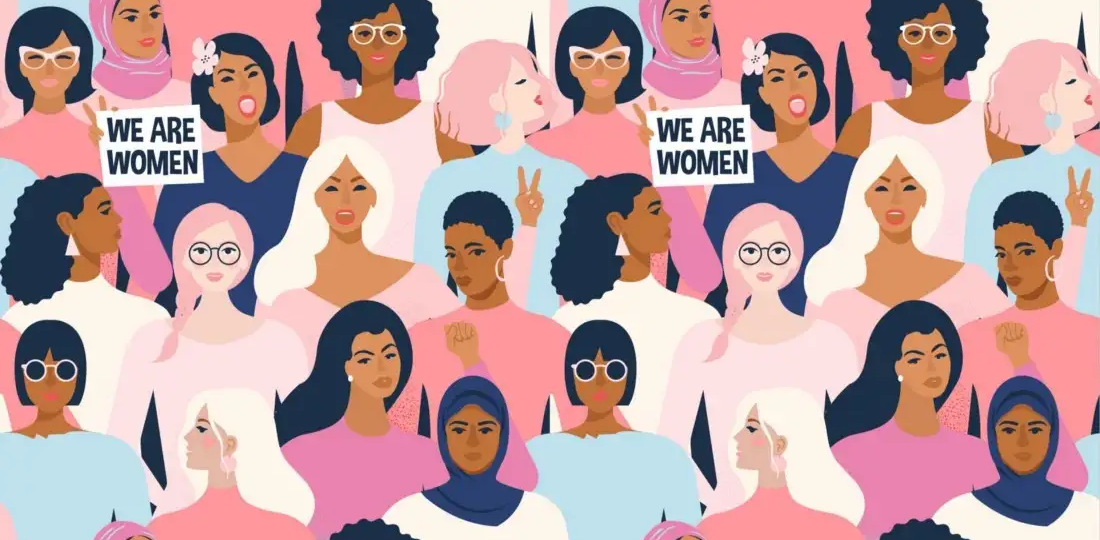
The crucial role of media in the defending of women rights
Of course, the “women’s issue” has been raised for many years now and the headlines are full of both loud phrases of respect for the strength of women, their success in the arena of defending their rights. But terrible events making you realize that the issue is not closed and requires more attention.
Media, marketing and the film industry have a huge impact on shaping the culture, perception and attitudes towards genders, for better or worse. They help spread important information, raise awareness, provide support and influence society. But they can also be misleading and biased, by promoting gender stereotyping, disrespect and even lead to violence against women.
Iran’s protests may well be the first time in history that women have been both the spark and engine for an attempted counter-revolution. The spark was the abrupt death of Mahsa Amini, a twenty-two-year-old Kurd. After beeing sent to a reeducation center for “inappropriate attire” in Tehran, she ended at the hospital where the doctors failed to save her. She died three days after the incident, on September 16, while in a coma on a ventilator. Chants of protest over her death quickly turned into calls for the overthrow of the regime: « Death to the dictator », « Our shame is our incompetent leader », « We do not want an Islamic Republic. »
Women’s freedom
The hashtag #WomanLifeFreedom became the slogan of the protests in the media, joined by ordinary people but also, famous brands and celebrities from all around the world such as Marion Cotillard and Juliette Binoche, who cut their hair as an act of support. Angelina Jolie wrote also a post urging Iranian women not to give up.
Iran’s protests have been unique because, Anne O’Donnell, a Russia specialized historian at New York University said, “this is not just an upheaval involving women, it is an upheaval about women and women’s freedom, and that makes it very special.”
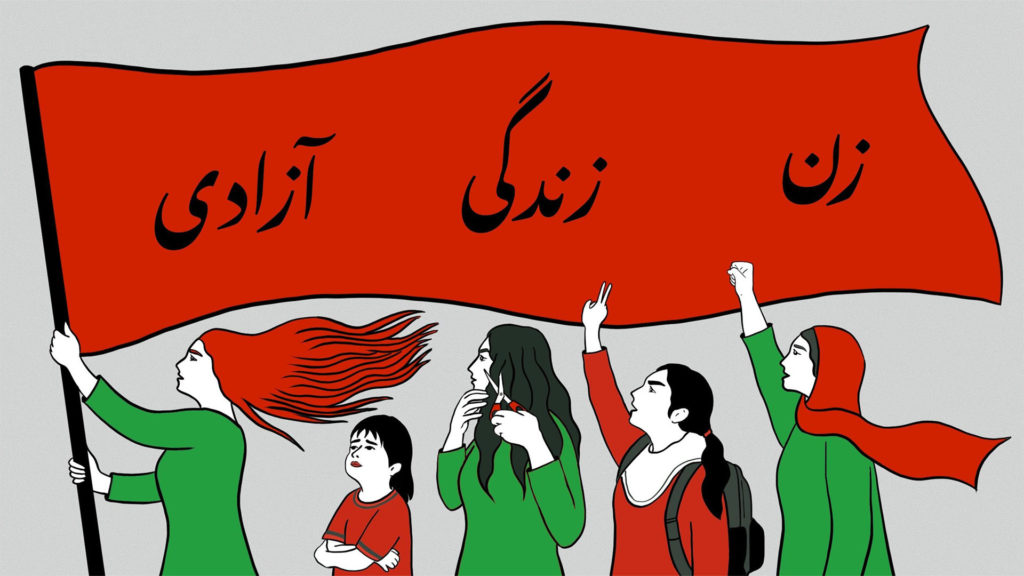
Censored media in Turkmenistan
Earlier this year, women in Turkmenistan were banned from wearing « tight » clothing, dyeing their hair, and resorting to beauty treatments. Dozens of women have lost their jobs due to breast implants, lip augmentation or even eyebrow tattoos. The traffic police of Turkmenistan also does not allow women to sit in the front seat next to the driver and move around the city in a car with men if they are not their relatives.
According to some activists and residents of Turkmenistan, the new restrictions may be the last straw in people’s patience — the government has been infringing on their rights and freedoms for decades. The information did not go to the masses, but remained only a news feed in the broadcasting of countries close to Turkmenistan. The media are not particularly active in this regard, most likely because they are government regulated and heavily censored. But it is also worth paying attention to those who represent, broadcast and own the media — mostly men.
Not enough women in the media
The Global Media Monitoring Project made research which suggested that only 24% of news sources (people seen, heard or read about in the media) were women. The news in which females have the most media space is about science and health, but, at the end of the day, the widest gender gap is in the news about politics and government in which females occupy 16%. Only 37% of women are working as reporters. This is really sad because when a large part of society is not well and enough represented in broadcasting media, the daily narrative is giving us an incomplete depiction of our world.
The media continue to have a huge impact on identity, values, norms and ideas about the role of women in society. In many places in the world, women’s voices are ignored and they are not taught how to ask questions and participate in public debate. Without information, they do not know and cannot exercise their rights to education, property, pensions, etc.
The strength of Ukrainian people
Today, everyone can become the voice of society, minorities, groups, simply by going online and writing a post or recording a video. Internet users have a great potential to reflect a wider range of roles and behaviours, thus encouraging people to strive for a future beyond stereotypes.
We can take the example of Ukrainian people who daily defend their positions in the information field and do not let us forget about the important things. If we face up issues related to women’s rights and gender inequality, we will be able not only to support those affected, but also to give our future the freedom to look at the world without prejudice and cruelty.
